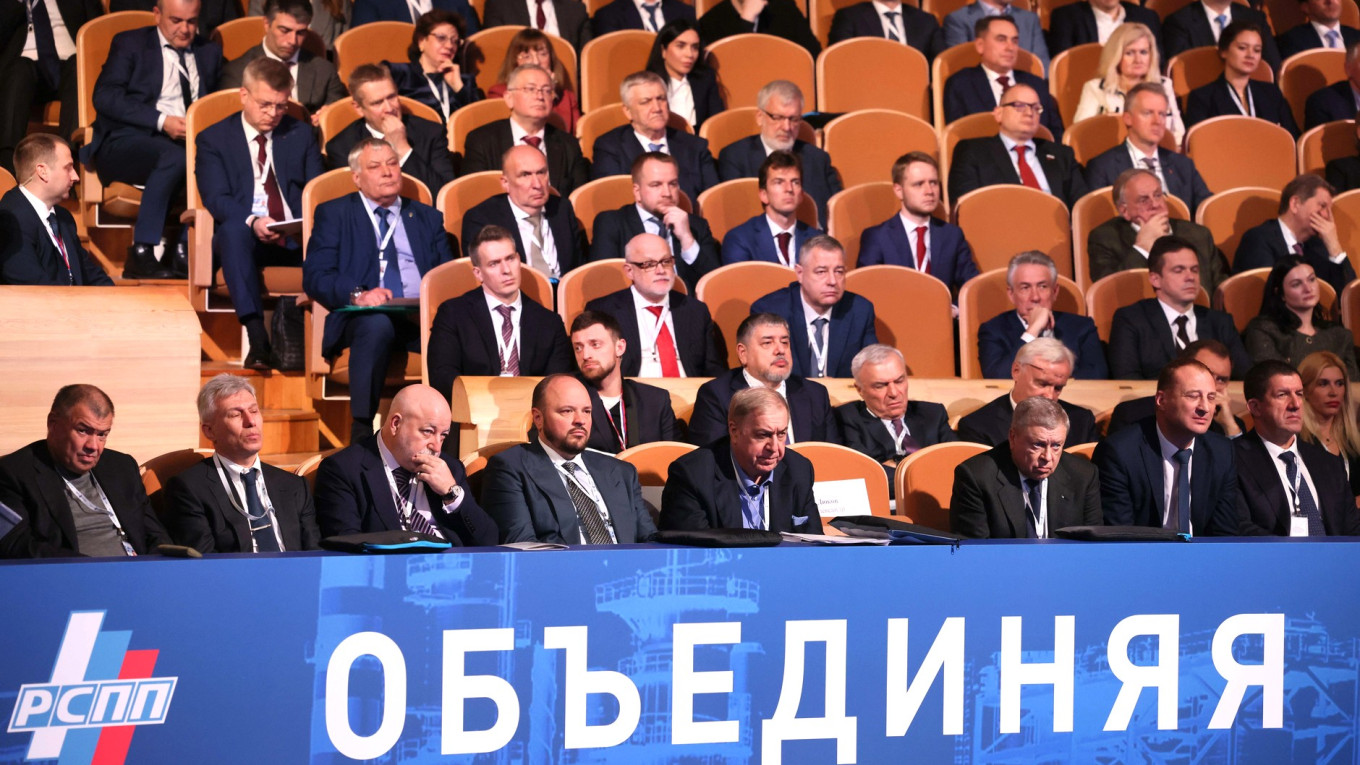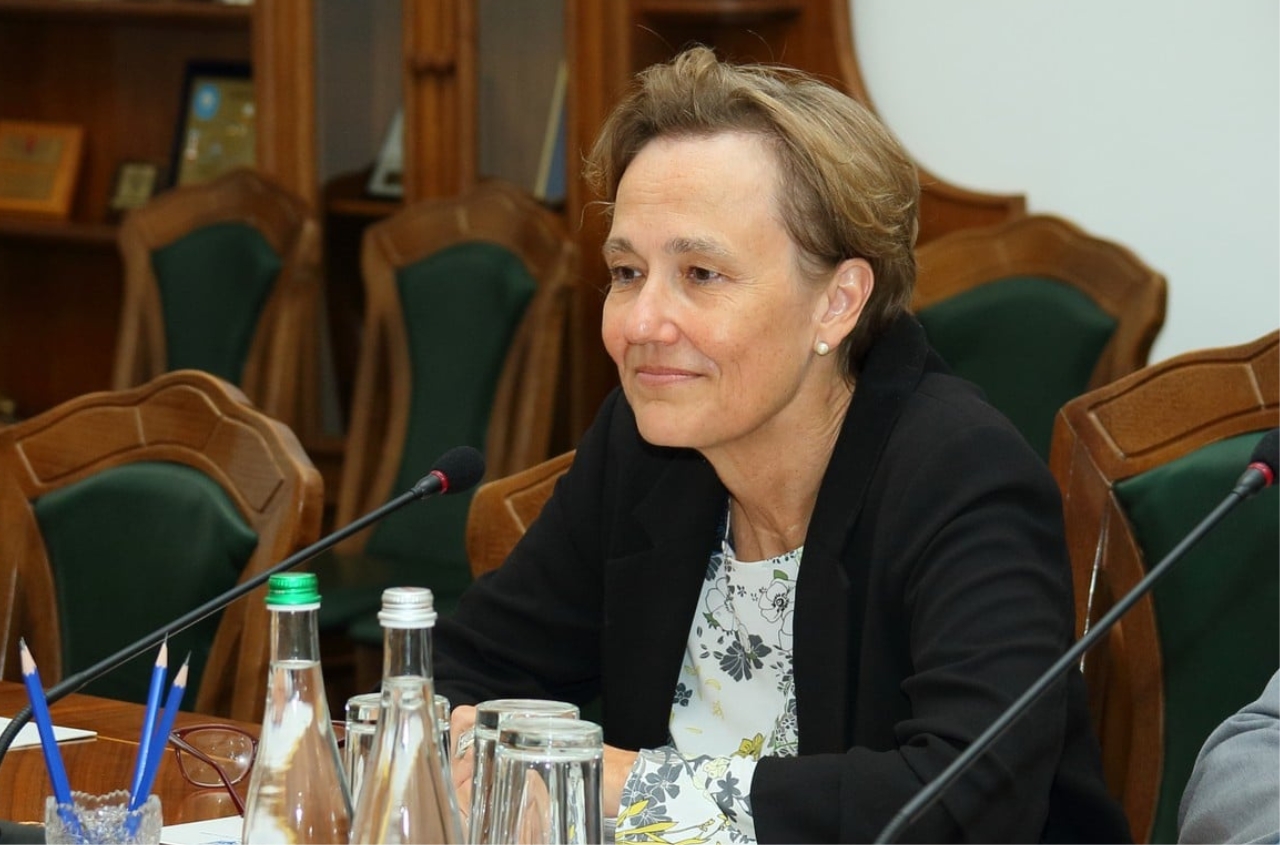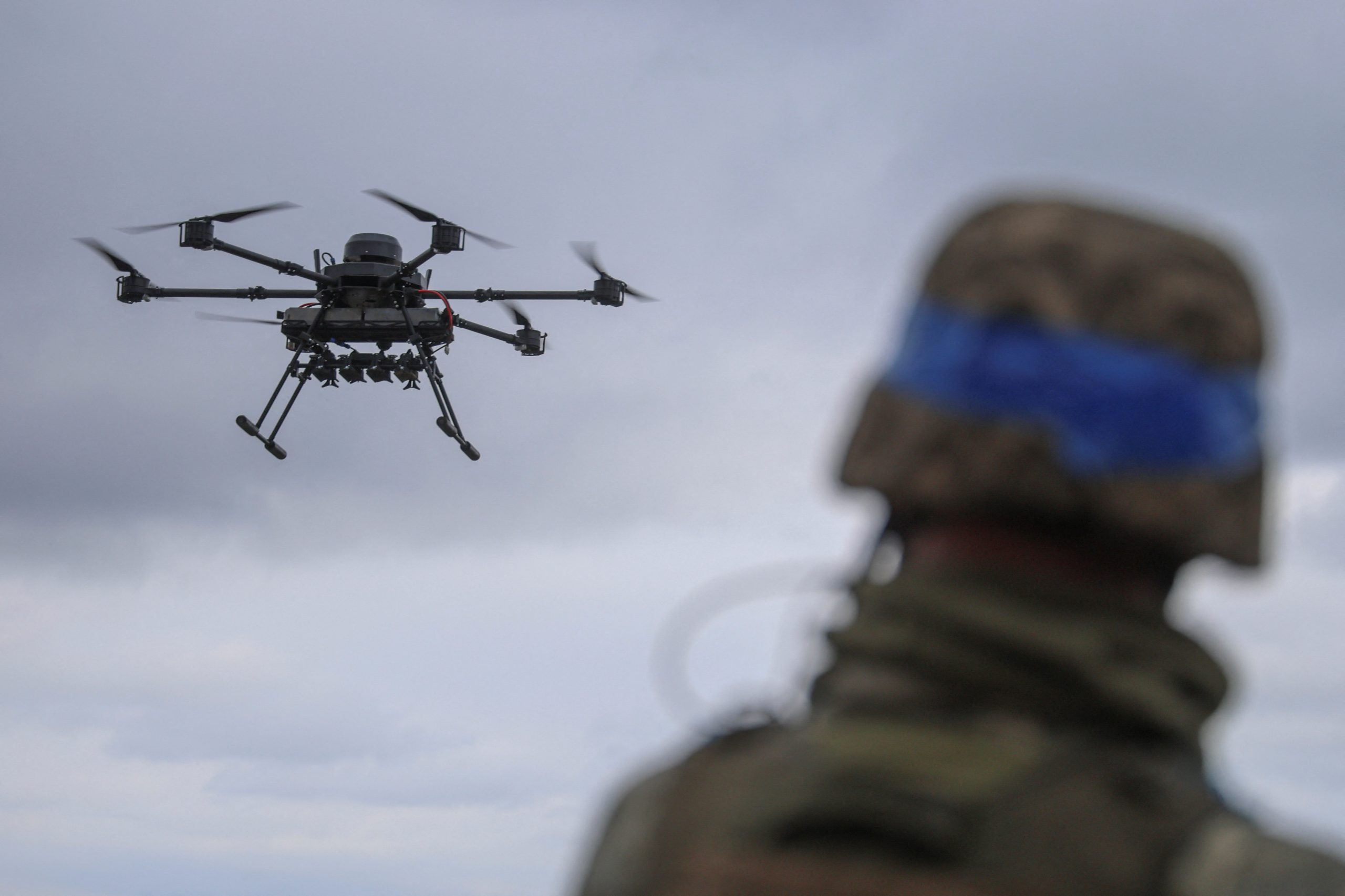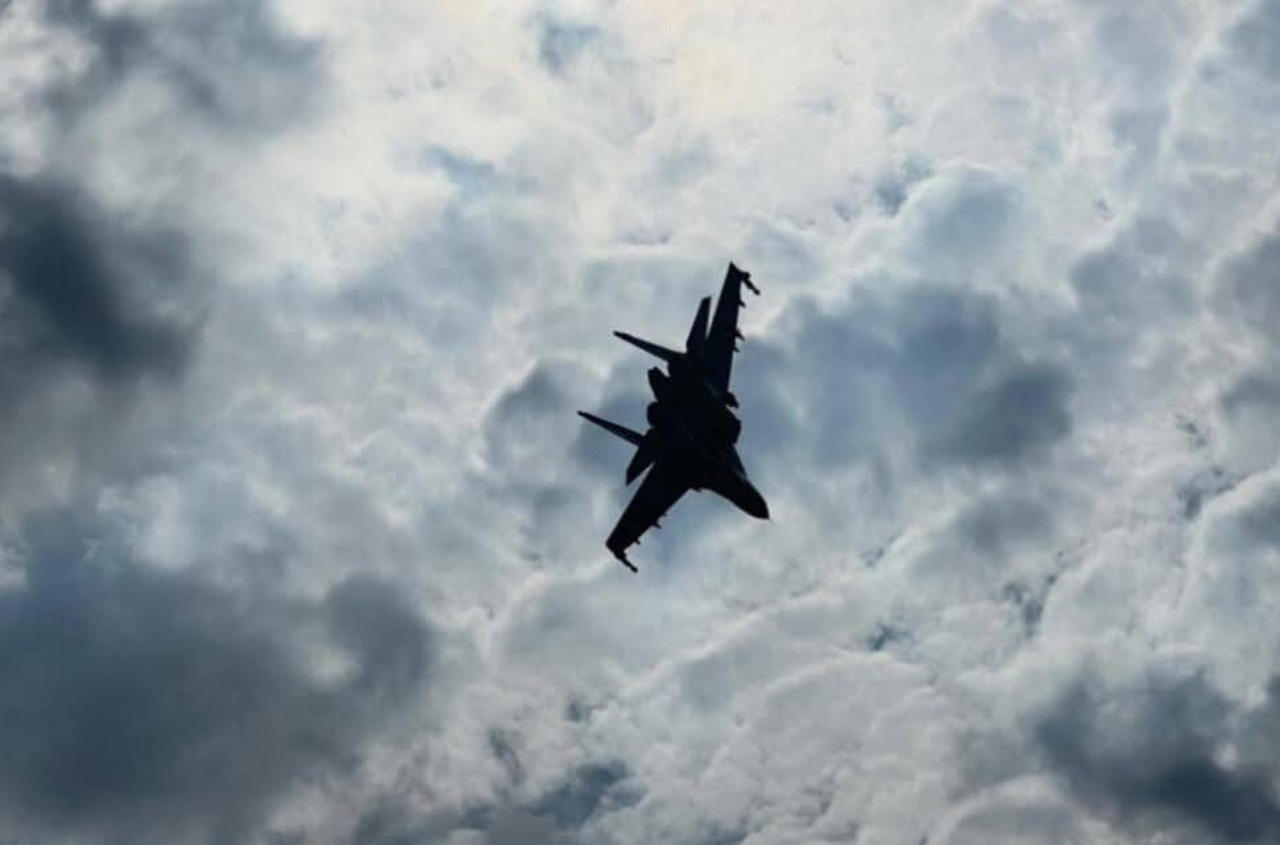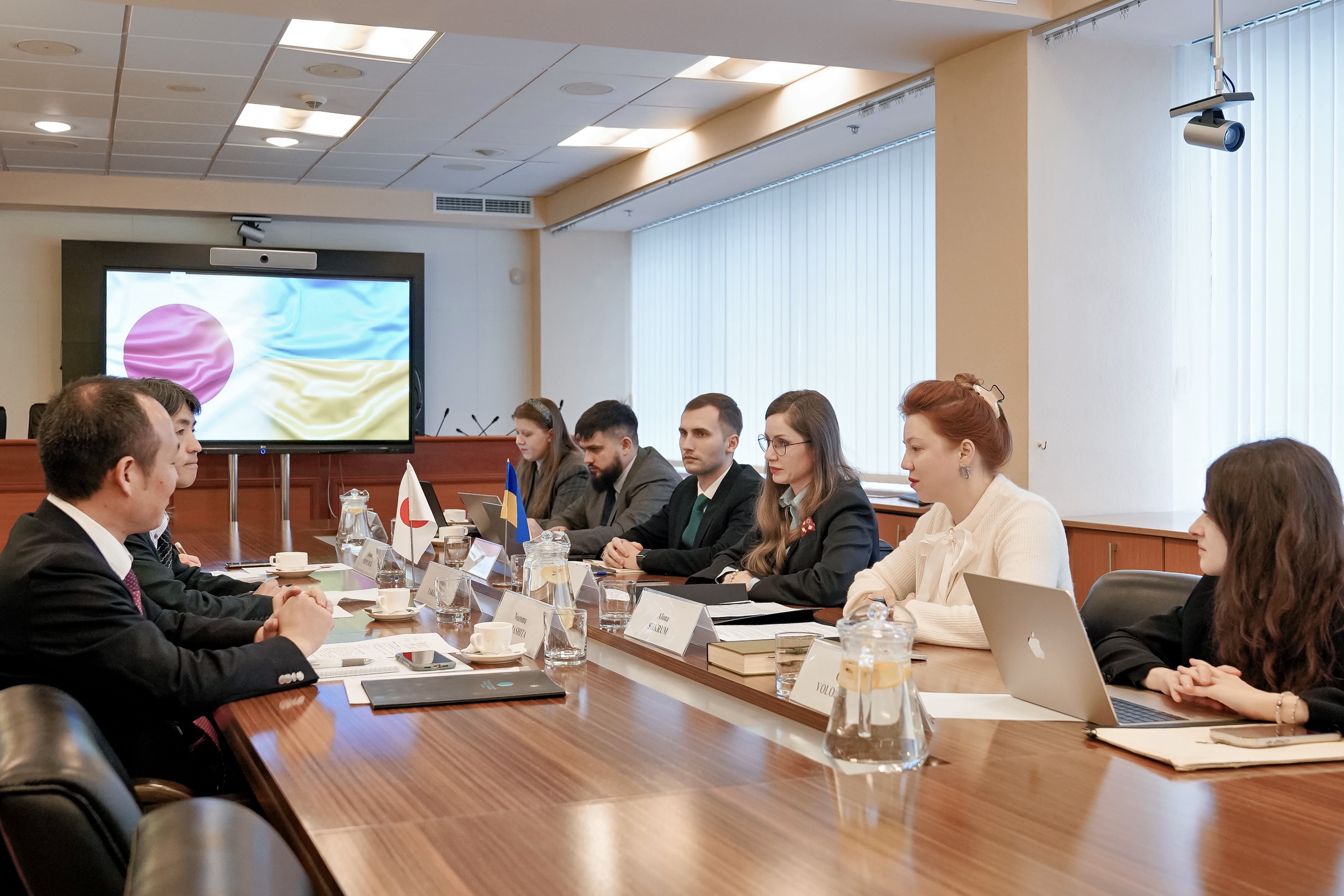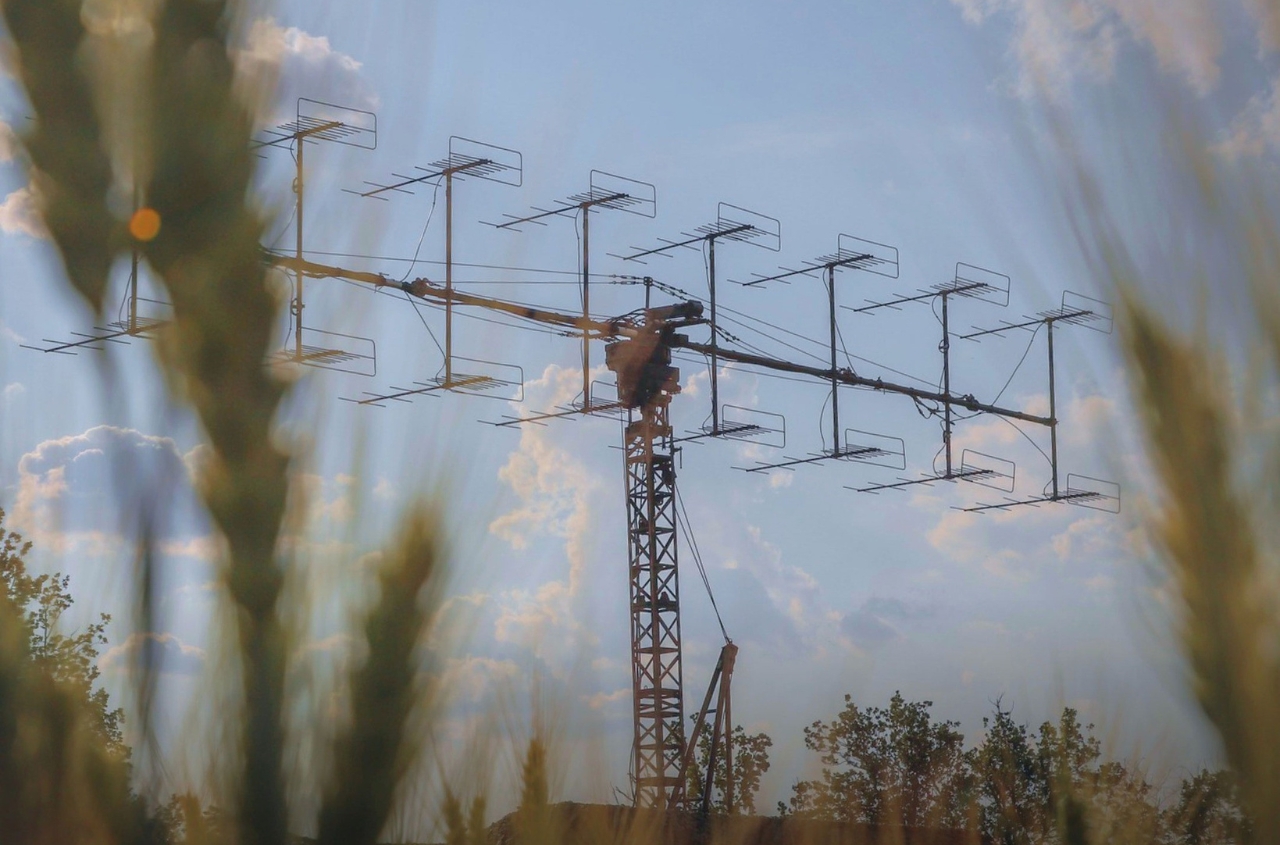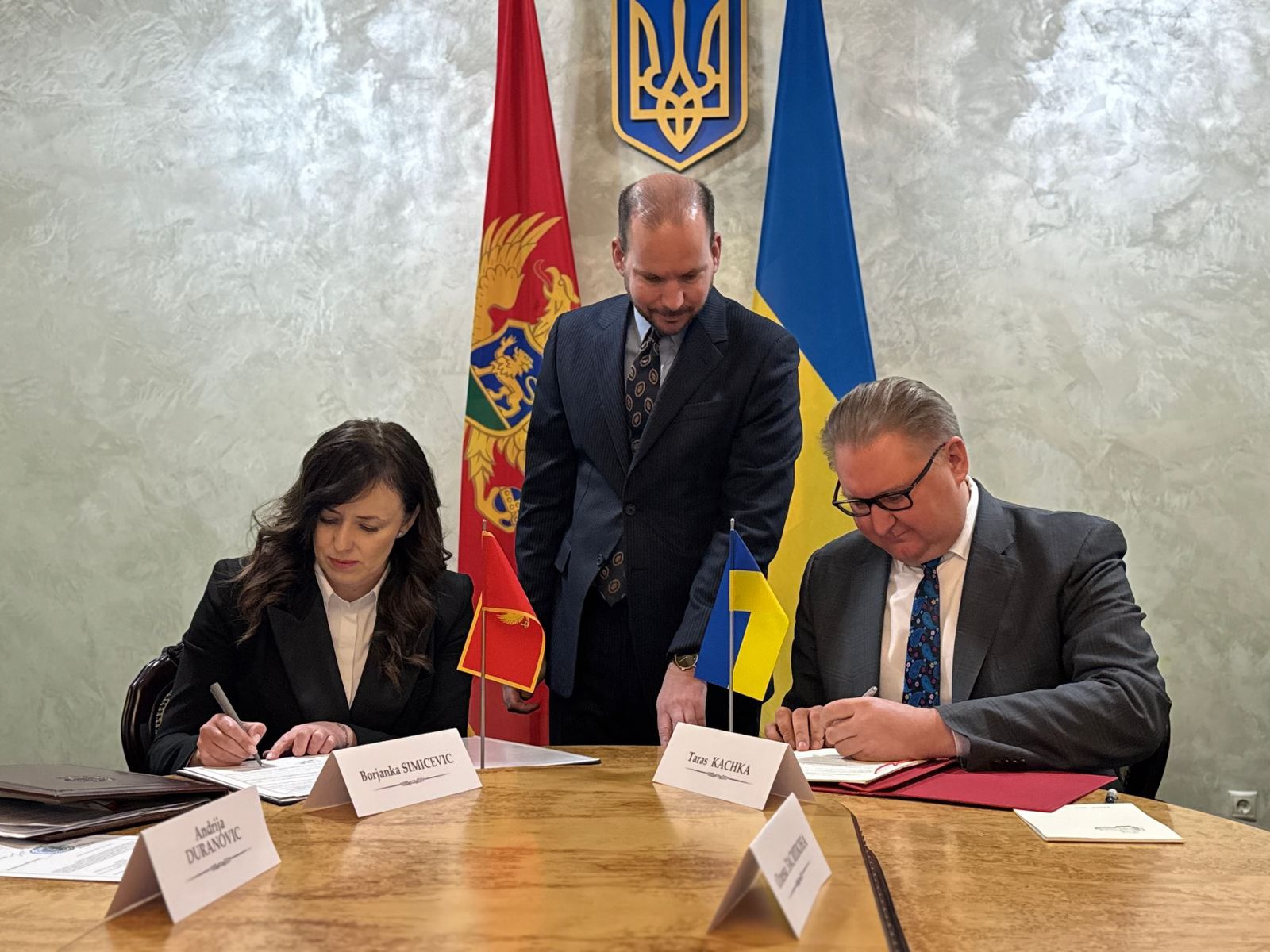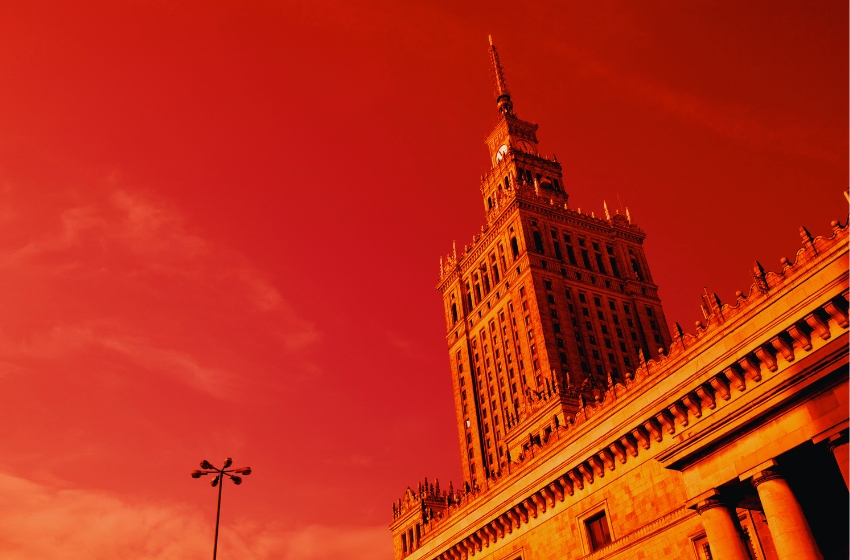By Vladislav Inozemtsev for The Moscow Times
In recent weeks, a flood of economic news has come from the United States, where the main stock index, the S&P 500, set five records in just 20 days. Today, the capitalization of the American market exceeds $62 trillion, accounting for about half of the global total.
A Trillion for “Gazprom”
Despite politicians and experts talking about the decline of the West, the rise of China, and the formation of a new bipolar world, today only three of the 25 most valuable companies in the world are located outside the United States, and their share of the total Top-25 value is just 10.8% (as of September 18, 2025). Such a concentration of corporate wealth has never been seen before… oh, excuse me, never.
But what I would like to talk about are the owners of these companies — the richest people — primarily because, throughout the post-Soviet history, the luxury of Russian billionaires has been discussed domestically and abroad as a measure of the greatness and success of the entire country. Today, in an era of numerous military provocations increasingly carried out by “the most outstanding geopolitical strategist of our time,” this seems absurd. Yet in the early 2000s, when the main domestic economic forum was for some reason held in London, a section on “luxury as Russia’s national idea” seemed entirely natural on its agenda — and wealth was widely perceived as the only thing a Russian could aspire to.
Most likely, the first Russian billionaire was Mikhail Khodorkovsky — back in the late 1990s, riding the wave of rising capitalization of domestic companies on the eve of the 1998 financial crisis. It is possible that at that time he was not the only member of the billionaire club, but detailed and recognized rankings that included Russians only appeared in the early 2000s. Since then, Forbes lists have caused more excitement in the country than the publication of GDP growth or real income statistics, and every new success of a billionaire was seen as a victory — by supporters of liberal views — and as a catastrophe — by those mourning the erosion of social justice.
The attitude toward Russia’s wealthiest citizens has never been neutral — it was said that they all earned their money through unjust privatization or climbed to the top through crimes and fraud — but an element of admiration for the unattainable was always present, and the enrichment of affluent citizens, even with reservations, was perceived as a triumph for the entire country. This also applied to the positions of Russian companies on the lists of the world’s largest corporations: many probably remember how Alexey Miller, in 2008, promised to turn Gazprom (which briefly surpassed Microsoft in market capitalization at the time) into a company with a $1 trillion valuation within 7–8 years. Today, for reference, Gazprom’s capitalization is less than 1% of Microsoft’s.
Not That Many
No matter how questionable the goal of the unchecked enrichment of Russian oligarchs may be from many perspectives (today referred to as “influential businessmen from Russia” when included in sanction lists), their successes in this pursuit in some ways reflected the country’s standing in the global “pecking order.” In 2007, at the peak of the “Russian economic miracle,” Russia likely briefly reached second place after the U.S., since by the end of the year Germany had 55 billionaires, Russia at times had up to 60, while China and India were still far behind.
However, the picture has radically changed since then — and even the fact that the number of Russians on the Forbes list now approaches 150 says little. In 2007, the Top 100 global list of the richest entrepreneurs and royalty included 14 Russians, with the highest-ranking among them in the mid-40s. By 2025, only six remain — and more importantly, whereas nearly twenty years ago the combined wealth of these fourteen Russians was three times that of the list leader, Bill Gates, today the six collectively lag threefold behind the current leader, Elon Musk.
In the “team standings,” Russia has fallen to fifth place in terms of participants, trailing the U.S., China, India, and Germany — and this is not the “end of the story.” On September 10 of this year, Larry Ellison, the 81-year-old founder and chairman of Oracle, increased his wealth by a record $101 billion in a single trading day, far surpassing the combined assets of Alexey Mordashov, Leonid Mikhelson, and Vladimir Lisin accumulated over all post-Soviet decades.
If current trends continue, by the end of 2026 the combined wealth of the 150 richest Russians will be less than that of the single global list leader — whoever that may be.
Where the Money Comes From and Where It Goes
The completely divergent trends in the fortunes of the super-rich in Russia and the rest of the world in recent years highlight the growing disparities between our country and societies that are more successful economically.
First, it should be noted that the “New Russians,” as they were once called, reached the peak of wealth largely by circumstance and in some ways resemble the rise of super-rich individuals from Arab oil-producing countries, who temporarily became the main business celebrities of the 1970s and 1980s. The overwhelming majority of Russian billionaires built their fortunes either on the country’s natural resources or through proximity to state authorities; at least two-thirds owe their success in one way or another to the twists and turns of Russian privatization.
However, like other “resource-based” or “bureaucratic” billionaires from developing countries, they have generally failed to succeed outside their home country — with rare exceptions, when circumstances forced them to leave and develop businesses in purely Western environments. Examples include Oleg Tinkov and his Plata project, now valued at $1.5 billion; Arkady Volozh with Nebius, which surpassed the Russian Yandex in market valuation (Volozh was Yandex’s founder); and, potentially in the near future, Nikolay Storonsky, who has a chance to become the richest Russian-born entrepreneur as the owner of more than a quarter of the recently valued $75 billion financial holding Revolut. Most of these truly “new Russians” have already renounced or are close to renouncing Russian citizenship, while those remaining in Russia today have fallen into a rather sophisticated trap.
The businesses of Russia’s largest entrepreneurs have remained highly localized, arguably more so than anywhere else. Even many Chinese companies that have made their founders billionaires are not only oriented toward global demand (many Russian companies are among the largest exporters) but also conduct operational activities abroad. I am not referring to firms like AliExpress, which became clones of Western structures — even ByteDance with its social network TikTok demonstrates the enormous opportunities of entering new markets: the company is now valued at nearly $340 billion, roughly half the total capitalization of the Russian stock market, and will likely rise further once TikTok comes under operational control of American investors, including some of the most prominent names.
In contrast, Russian major entrepreneurs have preferred to invest in traditional sectors (oil, retail) and real estate — and have lost a significant portion of their assets due to association with the Putin regime. This stands in sharp contrast with the Chinese experience. (It is worth noting that Donald Trump prefers to consult directly with Xi Jinping regarding the TikTok deal, while Russian capital was easily and effortlessly removed from Western markets.)
Wealthy, But Not Influential
The localization of business provided Russian entrepreneurs with certain advantages. While in the West significant assets were seized or frozen, in Russia Vladimir Putin, after admonishing returning billionaires, imposed only a modest additional tax on their companies. At the same time, this left them hostages of the Kremlin, which has recently become increasingly radical in its attempts to seize property for purely opportunistic or political reasons. It would not be an exaggeration to say that the history of large Russian business over the past thirty years is a story of the gradual loss of its political influence — influence that was at its peak during the early years of market reforms, even though businesses at that time were not as wealthy as they became in later years.
I cannot confirm or refute claims that by the early 2020s many of Russia’s richest entrepreneurs had become merely nominal holders of formally owned assets, which are in fact managed by entirely different people closer to the country’s top leadership — but I am certain that the influence of big business on Russia’s political leadership today is close to zero. A visible confirmation of this can be seen by comparing the number of business representatives at Vladimir Putin’s 2024 inauguration with Donald Trump’s 2025 inauguration — further comment seems unnecessary.
Finally, it is worth noting that in at least one respect, Russia’s largest entrepreneurs surprisingly resemble their foreign counterparts: they age. While in 2025 the average age of members on the global Forbes list is 67, Russian billionaires crossed that threshold in 2023, and the current average approaches 70 — broadly aligning with the age of the Kremlin leadership, reflecting the generational shift that took place in the 1990s. However, this similarity does not put them on equal footing with their peers — inheritance of assets in a country where legal systems are observed and respected less than at any time since the beginning of market reforms remains a great mystery. Even Chinese billionaires can feel slightly more secure: they are among the youngest in the world, with an average age just over 60, and their fortunes are often structured through Hong Kong companies, the city now officially second in the world in the number of resident billionaires after New York. Predicting what the Russian Forbes list will look like in ten or fifteen years is simply impossible today.
The rise of Russian big business, which for a time approached the highest echelons of the global entrepreneurial elite, seems to have been largely accidental — considering both the sources of wealth and the ability to expand beyond the country in a global era. A few more years will pass, the last Russians will disappear from the global Top 100, and the country drifting into autarky will be remembered only with sadness by those who once benefited from the unrestrained luxury of Russia’s nouveau riche.









